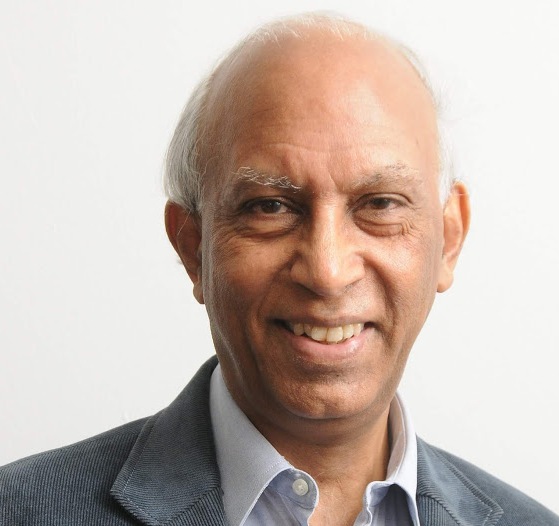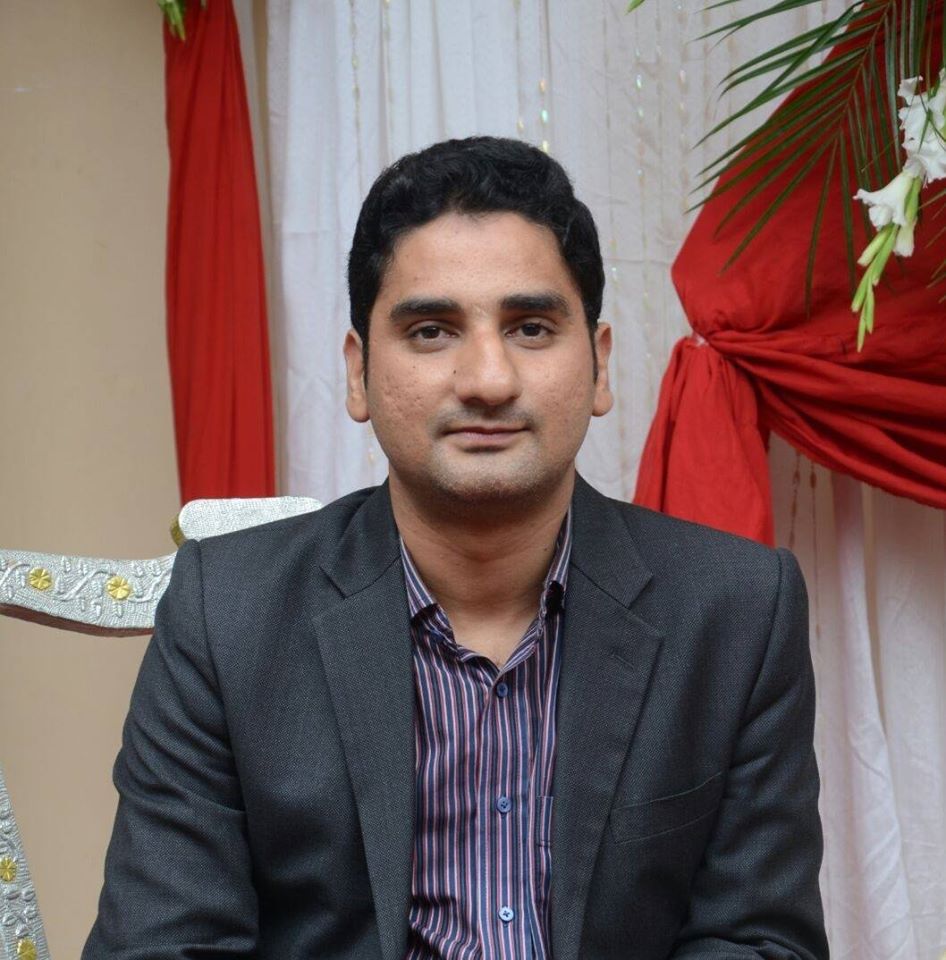
Diaspora communities exploiting multiculturalism
(Dr Ishtiaq Ahmed)
There is a phenomenon which, although rooted in the ancient past, contemporaneously is a worldwide problem: that of immigrants who for all practical purposes live in the West, but emotionally and in terms of communications live in the “homeland” they originally came from.
Diaspora originated in Jewish parlance as the expression of a people who were forced to leave their homeland – the Promised land of Israel – and who always longed for it.
Only in the 20th century that idea was converted into a reality – according to the wishes of God if one were to believe the Zionists, or because of British-French agreement of 1916 called the Picot-Sykes agreement, or the Balfour Declaration according to the Palestinians and most of us who look for concrete evidence rather than divine intervention.
Anyhow, this background was necessary to explain the term or word diaspora. So in a general sense it means a longing for the lost homeland. However, in the 20th century and onward old words have acquired new meanings.
Now, those who long for their lost homeland left voluntarily in search of greener pastures, made a good living, settled down with their families (99 per cent spouses brought over from the homeland), but instead of trying to become part of the new society where they have settled, they isolate themselves and develop highly exaggerated concern about their homeland and its cultural conditions.
And that is noteworthy – those who long for their homelands are not those who were forced to leave, but who left voluntarily and made it good.
They become champions of their countries’ national narratives and the so-called authentic culture. This is especially true if they settle in the liberal West where they have the freedom and means to indulge in such activities because of the leisure they enjoy.
Never heard of such diaspora sentiments having such a hold in the Middle East where the Arabs make it clear that they have no chance of settling down and they have no right to indulge in politics connecting them to their homelands or to local conditions.
So, in a way ironically diaspora’s self-isolation is possible only in countries where there is a choice to take part in the local society and politics, but these communities instead isolate themselves and live in their own make-belief world of patriotism back home and so on.
You go to England, or Canada, or the US to any mosque, mandir or gurdwara and just see how strong a hold a romanticism with the homeland these communities nurture.
Like, Belikov’s incessant paranoia in “The Man in a Case” by Anton Chekhov, the diaspora communities also cling to the etched frame of minds daubed in vainglory such as Hindu Rashtra, or Islamist State, or Khalistan – the land of the Khalsa or Pure – as if Pakistan was not enough as PAK-IS-TAAN.
I am especially thinking of Muslims, Hindus and Sikhs from the Indian subcontinent, but I am sure these trends exist among others too.
Thus the Indian NRIs, non-resident Indians, and NRPs or non-resident Pakistanis and NRB, or non-resident Bangladeshis largely live in the West physically and enjoy its advantages, but emotionally they are extensions of their homelands which they themselves left in search for better opportunities.
To a point that is perfectly understandable and inevitable, because language, culture and religion are very strong forces, but I am concerned with the dangerous social and political implications of these diaspora communities.
In my book, The Politics of Religion in South and Southeast Asia, I had two chapters written by colleagues of how Hindu upper caste NRIs use their influence to impact politics back home. The Sangh Pariwar, or the Saffron Brigades have a very strong presence in North America and their right wing reactionary politics about cow worship and other such things get a lot of financial support from the NRIs.
Similarly NRP communities in England and North America are full of fundamentalists and extremists. I am sure the same must be true of NRBs.
Similarly there is an article (Please see this Urdu article at aikRozan by Nasim Syed مغربی ممالک میں جا بسے تارکین وطن میں پکتا ایمان کا لاوا ) on how Pakistani reactionary networks based in the West influence politics in the so-called homeland.
For example, the Farhat Hashmi network based in Canada has influenced a trend in Pakistan of upper class women whose families have made money through all sorts of corruption and wrongdoings joining moral sermons organized by this network in 5-star hotels.
Then of course the Khalistan movement was the brainchild of prosperous Sikhs based in North America and England.
In a way then, the theory that modernization produces rational attitudes does not hold as much water as we believed. I think what happens is that the immigrants “modernize” to the extent of making money and doing businesses and getting rich and comfortable but that is all.
They then turn their attention to those very homelands where they did not get the opportunities to make economic advancement or were politically oppressed or even socially despised.
I think multiculturalism has inadvertently helped such attitudes to strengthen rather than weaken. This is the irony because the idea behind multiculturalism was to accept all cultures as equal and therefore not pressure immigrants to join mainstream.
The idea was good but all the cow loving Hindus and jihad loving Muslims and Khalistan loving Sikhs got an opportunity to isolate themselves and their co-religionists from the societies they live in, and instead have become sources of obscurantism rather than enlightenment.
Of course not all those settled abroad get caught up in the diaspora syndrome, but those who do are quite a few and often times belong to the educated sections of the communities though the majority may not be so.
Just see how Hindu swamis, Muslim Pirs and Ulema, and Sikh sants command attention of these diaspora South Asian communities. Their message is always or almost always to preach isolation and insulation and greater adherence to conservative and reactionary forms of their culture and religion. These thugs and charlatans also make a lot of money.
Highly educated academics, scientists and computer experts and of the same ilk are leaders of these diaspora trends. The question then is: why are diaspora communities of South Asians dominated by right wing ideas and organizations?
As I have said, the reason could not be that the West does not encourage you to became part of the mainstream: the Middle East makes sure you never feel that at all.
However, while in the West one can indulge in the luxury of being pure Hindus, Muslims and Sikhs and developing political and social agendas to create diaspora support banks for reactionary politics at “home,” the same cannot be done where there is no democratic freedom to do so.
So, is this not a perverted use of freedom?
As social scientists we need to study these trends more carefully and come up with scientific explanations. There are no final answers, but unless we pose questions we cannot advance the frontiers of knowledge.




